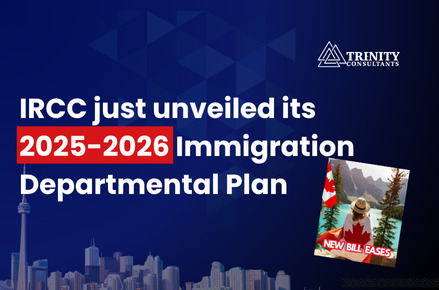
BC PNP Entrepreneur Immigration Regional Pilot Getting Permanent Status
Permanent residency in Canada is a dream for many immigrants. Entrepreneurs with innovative ideas to invest in the Canadian economy particularly find it as an extra motivation. However, the recent caps in federally operated business immigration programs made them disappointed. This is exactly when the British Columbia (BC) province came up with good news through its Provincial Nominee Program (PNP). It is the transition of the BC PNP Entrepreneur Immigration Regional Pilot Program to a permanent channel to acquire a Permanent Residency in Canada.
The program launched as a pilot in March 2019 has become officially permanent as of May 27, 2024. This program aimed to strengthen the regional economies of BC is another approach to attract foreign contributions to the Canadian economy beyond Canada Skilled Migration. Leveraging the flexibility of the PNP program the BC PNP Entrepreneur Immigration Regional Program invites entrepreneurs with an interest in building projects in a small community.
BC PNP EI Regional Program: An Overview
This program reflects the interests of British Columbia in particular and Canada in general, to support the growth of regional economies by encouraging investments in their small communities. Interested entrepreneurs, if selected, will be allowed to invest in the interior, coastal, or rural areas in any of the seven regions in British Columbia in their selected list of business types. These seven regions comprise:
- Cariboo
- Kootenays
- Nechako
- Vancouver Island/Coast
- Thompson Okanagan
- North Coast
- North East
To be selected the candidates have to meet eligibility criteria including net worth and investment. The bright side of this program is that it requires a net worth and investment requirement which is half of what is required for the general BC PNP Entrepreneur Immigration Program.
How it Works
Communities in these seven regions will have identified certain business types that require to be developed to suit their economic goals. If they find an entrepreneur’s business proposal suiting their goals they will invite the candidate for an exploratory visit. This allows this candidate to visit the region in person to decide if it suits their expectations and the well-being of their family. Once they fix the project they can ask the community for a referral. It is this referral that makes them eligible to register and apply for the BC Provincial Nominee Program (PNP) EI Regional Stream.
Other Eligibilities for Application
- The candidate should meet the following eligibilities to apply for the program:
- Experience: They should demonstrate business/ managerial experiences.
- Net Worth: A personal net worth of at least CAD 300,000. This is half of the CAD 600,000 required for the general stream of the BC PNP EI program.
- Investment: A minimum of CAD 100,000 is required.
- Job Creation: The entrepreneur should create one full-time job for a Canadian or a Permanent Resident.
- Language Requirement: It is a must to meet CLB (Canadian Language Benchmark) Level 4.
- Legal Status: Either the candidate should have legally entered Canada or possess eligibility for legal entry.
Conclusion
That’s it! Now you have the required information to pursue the BC Provincial Nominee Program (PNP) EI Regional stream. The next thing that you may need could be the assistance of a professional consultant who can make the process easier. In this direction Trenity Consultants with experienced and qualified professionals will be your best choice.
Share:
Categories
Recent Post


Germany and Italy for Schengen visa applications

Permanent Residency in Australia, 2025

































